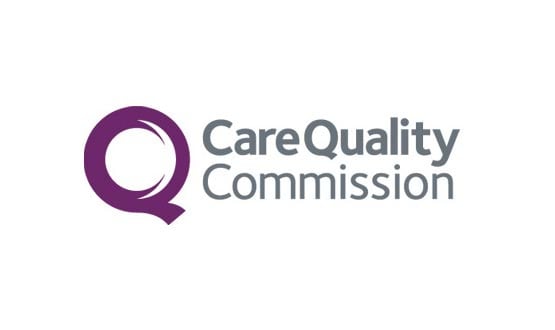The Care Quality Commission has urged healthcare providers to encourage patients to use technology to monitor their condition, as part of a package of changes to close variations in care.
In its annual ‘State of Care 2013-14’ report, the CQC says that the variation in the quality care between trusts is “unacceptable” and that trusts should act before its inspectors get to them.
“It is no excuse that this problem has existed for years. CQC is calling time on this unacceptable lottery,” says the report, adding that organisations should not wait for an inspection “to get to grips with what good care looks like”.
The report identifies a number of issues that trusts that have received poor ratings have all tended to struggle with, including leadership, staffing, and long waits, and cancelled treatments.
However, it says providers should look at using innovative methods to meet the increasing demand on the health service and identify where innovations can be useful, “especially where the current model of care delivery is known to be unsustainable”.
Last year, the CQC began its Ofsted-style rating system for hospitals, which was introduced to primary care in April this year.
The Ofsted-style rating system, which was announced by health secretary Jeremy Hunt in the government’s response to the Francis Inquiry into the scandal at Mid Staffordshire NHS Foundation Trust, will be further developed over the next three years.
It is based around both data collection and inspections using the methodology developed by NHS England medical director Sir Bruce Keogh for 14 trusts with high mortality ratios, overseen by chief inspectors for hospitals, social care and general practice.
So far, just a handful of hospitals have been rated, but most have been found to need improvement. Just one – Frimley Park Hospital NHS Foundation Trust – has been rated outstanding.
The report argues that providers should encourage feedback both within and across organisations on their performance, and set up mechanisms to act on this feedback.
“If a community nurse sees that a patient had not received a visit by a GP when it was needed, or if an out-of-hours provider cannot access the most up-to-date medical records for a patient, raise this concern so that providers can learn and improve the care they provide,” it says.
It adds that all safety incidents should be recorded and reported. However, the report identifies examples of good care and information sharing, “such as services being able to access the same GP records through the same system and special patient notes that flagged up vulnerable patients.
The report also deals with the CQC’s own activities. It says the organisation will be clear with the public about what it finds when doing inspections. It has also developed an ‘intelligent monitoring’ tool to help prioritise resources in high-risk areas, and says the results will also be published.
“By using data in an intelligent way, we will also present more ‘thematic’ findings. These will comment not just on how individual services are performing, but also how people who use services are having their particular care needs met by a range of services.”

